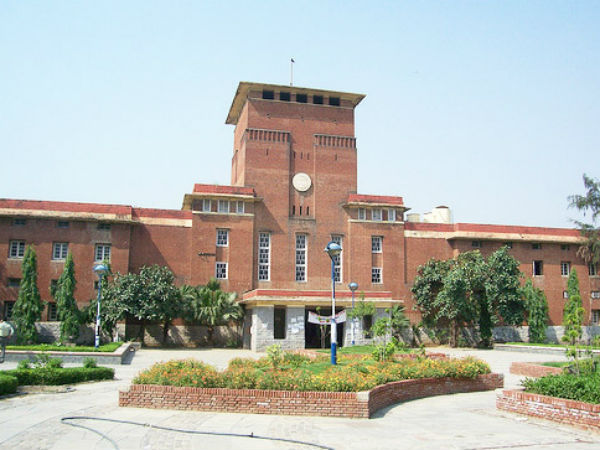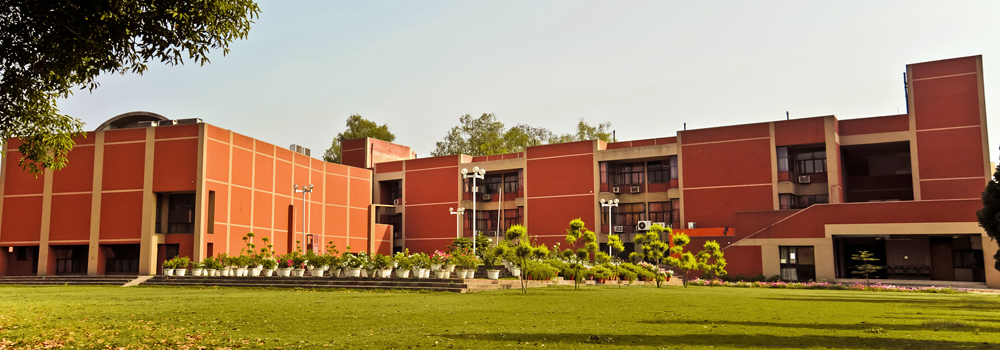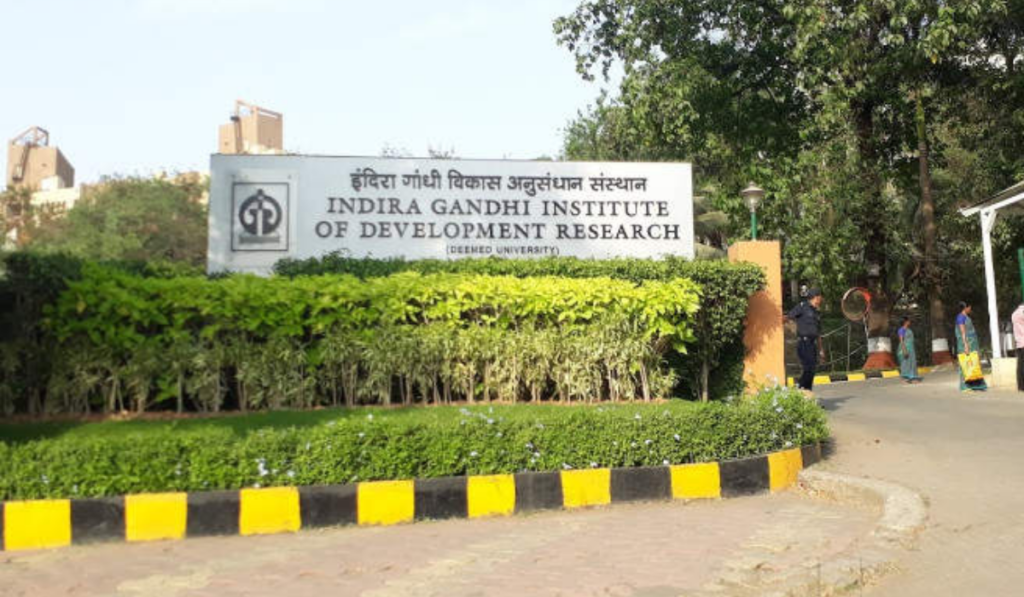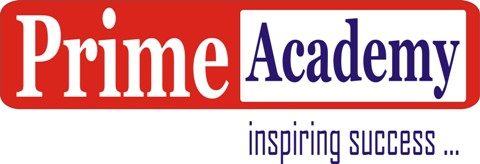Delhi School of Economics ( DSE )

MA in Economics
Admission Rules (for admission to M.A. Economics, 2019-20) As per University guidelines, 50% of seats are earmarked for direct admission of students who have graduated with B.A. Economics (Hons) of the University of Delhi, subject to eligibility conditions and in order of merit in the respective categories. The remaining 50% will be filled through an Entrance Test. Reservations/concessions will apply separately for both modes of admissions. However, no candidate will be admitted in the General category through the Entrance Test mode unless he/she secures at least 40 percent marks in the Test. Shortlisting of students for scholarships will be done on the basis of the Entrance Test only.
For MA Economics Entrance Exam for Delhi School of Economics major topics to be covered are Micro Economics, Macro Economics, Mathematical Methods, Probability & Statistics, and Econometrics
Eligibility Conditions : Indian Students (General Category)
- Direct / Merit Mode : At least 60% or equivalent CGPA in the aggregate of the B.A. Economics (Hons) of the University of Delhi.
- Entrance Test Mode: At least 60% or First Division or equivalent CGPA in any Graduate/Postgraduate degree in any subject from the University of Delhi or any Indian University recognized by the University of Delhi.
Question Paper Should have 50 multiple choice questions (100 Marks)
+2 for the correct answer,
-2/3 for a wrong answer,
0 for unattempted question
Exam Date : June End
Duration : 2 hours
No. of seats : 232 approx.
For further details please visit website of DSE www.econdse.org
MA Handbook of Information
Indian Statistical Institute (ISI)

Master of Science in Quantitative Economics (MS QE)
2-year Master of Science in Quantitative Economics:
Required Qualifications : a 3-year Bachelor’s degree in any discipline with Mathematics as a subject at the intermediate (10+2) level. (Offered at Kolkata and Delhi)
Stipend Rs. 8000/- per month
| Programme | Total Seats | Gen | OBC-NCL | SC | ST |
|---|---|---|---|---|---|
| MSQE (DELHI) | 27 | 14 | 7 | 4 | 2 |
| MSQE (Kolkata) | 18 | 9 | 5 | 3 | 1 |
There will be two papers of two hours each.
PEA (Objective Exam Involving MCQ’s) and PEB (Subjective Exam)
PEA (Objective Exam) will have be 30 MCQ Questions involving Micro, Macro, Maths, Stats & Ecotrix
PEB (Subjective Exam) will have Three Sections, Section A, B and C. Each Section will have 3 Questions of 25 Marks each. Student is required to answer 4 questions in all selecting at least one question from each section.
For further details please visit website of ISI www.isical.ac.in
Indira Gandhi Institute of Development Research (IGIDR)

M. Sc. (Economics)
Eligibility: Minimum qualification for admission to M.Sc. programme includes one of the following degrees or their equivalents: B.A./B.Sc. in Economics /B.Com. /B.Stat. /B.Sc. (Physics or Mathematics) /B.Tech./B.E. with at least
55% aggregate marks for Economics discipline and 60% aggregate marks for other disciplines. The applicant must have studied Mathematics at the higher secondary or higher level. Reservation Policy as per Government of India Rules. Reserved Category applicants have to produce the necessary documentation as per GOI Rule.
The paper will consist of three parts
Test I : Comprehension, Reasoning analytical ability 15 questions 15 Marks
Test II : Test of Basic Maths 35 questions 70 Marks
Test III A : Economics 20 questions 40 Marks
Test III B : Advanced Maths 20 questions 40 Marks
[Students are required to choose either IIIA (Economics) or III B (Advanced Maths)]
Duration : 3 Hours
No. of seats : 25 approx.
IIT JAM
This is a two-year programme.
Test Papers of JAM 2021 will be of entirely objective type, with three different patterns of questions, namely (i) Multiple Choice Questions (MCQ), (ii) Multiple Select Questions (MSQ), and (iii) Numerical Answer Type (NAT) questions.
Subjects for Test Papers
Micro Economics, Macro Economics, Indian Economy, Statistics for Economics, Mathematics for Economics
Qualification
The candidates who have either appeared or are due to appear in the final examination of their qualifying degree in 2021 are also eligible to appear in JAM 2021. By qualifying in JAM 2021, candidates can apply for a provisional admission subject to the condition that: (a) all parts of their final examination shall be completed by the date of registration of the Admitting Institute, and (b) proof of having passed the qualifying degree with required eligibility, as specified by the Admitting Institute, should be submitted by September 30, 2021.
Jawahar Lal Nehru University (JNU)
JNU offers two different Masters in Economics Programs.
(i) The School of International Studies (or commonly known as SIS) offers a MA Economics (with specialisation in the World Economy).
(ii) The School of Social Sciences (or commonly known as SSS) offers a MA Economics.
MA Economics (with specialisation in the World Economy)
Eligibility
(i) Bachelor’s degree (with 50% marks in aggregate) in the following subjects: Economics (Honours) with Mathematics as a subsidiary subject; or Mathematics (Honours) with Economics as a subsidiary subject; or Statistics (Honours) with Economics and Mathematics as subsidiary subjects
(ii) Any other Bachelor’s degree (with 60% marks in aggregate) with courses in Microeconomics, Macroeconomics, Mathematical Economics and Statistics.
MA Economics
The School of Social Sciences (or commonly known as the SSS) offers M.A. (Economics). The master’s program in Economics is offered via the Centre for Economic Studies and Planning.
Eligibility
Bachelor’s degree in any discipline under 10+2+3 pattern of education with at least 50% marks. Knowledge of Mathematics at 10+2 level is expected and will be tested for in the Entrance Examination.
Exam Date : Mid May
Madras School of Economics
MSE offers 5 post graduate courses in economics :
(i) MA General Economics 50 seats
(ii) MA Financial Economics 50 seats
(iii) MA Applied Quantitative Finance 50 seats
(iv) MA actuarial Economics 30 seats
(v) MA environmental Economics 30 seats
Eligibility : Any graduate of a Recognized University with a minimum of 55% marks (50% for OBC – Non Creamy Layer; and 45% for ST candidates) and Mathematics at plus two level.
The Entrance Examination will have 100 questions to be completed in 120 minutes. There are two parts – Part A and Part B.
PART A (35 questions)
This part contains multiple choice questions on language, analytical skills and general aptitude.
PART B (65 questions)
Part B contains four sections covering simple mathematics, statistics, advanced mathematics and economics. While the first three sections contain 15 questions each, the last section on economics will contain 20 questions. All questions carry equal marks and there are no negative markings.
The syllabus for the four sections is as follows:
Mathematics – Plus 2 level Mathematics covering functions, linear Algebra, Limits, differential and integral calculus.
Statistics – Basic statistics of Plus 2 level covering measures of central tendency, probability distribution – normal etc.
Advanced Mathematics – Graduate level mathematics covering linear algebra, limits and derivatives, optimization, integration etc.
Economics – Graduate level economics covering topics in micro- and macro-economics and Indian economic development.
Gokhale Institute of Politics and Economics (GIPE)
GIPE offers 4 post graduate courses in economics :
(i) M. Sc. (Economics) 40 seats
(ii) M. Sc. (Financial Economics) 40 seats
(iii) M. Sc. (Agribusiness Economics) 40 seats
(iv) M. Sc. (International Business Economics & Finance) 40 seats
The entrance examination will be of 120 minutes duration and will consist of 100 objective type questions, each carrying one mark.
One fourth of the marks will be deducted as negative marks for wrong answers. The Entrance Examination will comprise the following components :
(a) Aptitude in Mathematics and Statistics (30 marks)
(b) Analytical Ability and Reasoning (20 marks)
(c) Undergraduate level knowledge in Economics (50 marks).
Expected Exam Date : June First Week
Eligibility : Any graduate of a Recognized University
Candidates are expected to be familiar with content of a standard Economics course taught at the undergraduate level as well as national and international economic issues of importance at present and in the recent past. The list of broad topics to be covered in the entrance test is given below :
Section A
1. Descriptive Statistics– Measures of Central tendency- Measures of dispersion, Correlation and Regression Coefficient – Probability Theory- Index Numbers.
2. Mathematics for economics – Algebra, Calculus and Matrix Algebra.
Section B
Analytical Ability and Reasoning
Section C
1. Microeconomics (Demand Curves, Price and Income Elasticity of Demand, Cost Curves, Equilibrium of Firm under different market structures).
2. Macroeconomics (National Income, Theory of Income Determination, Fiscal and Monetary Policy, Trade and Balance of Payments).
3. Basic theories of growth and development.
4. Recent developments in Indian Economy and international economic issues of contemporary importance.
